
Lung Cancer
Latest News
Latest Videos

CME Content
More News

The biologics license application was supported by findings from a global, randomized, controlled phase III clinical trial, evaluating the efficacy, safety, and immunogenicity of MYL-1402O versus bevacizumab.
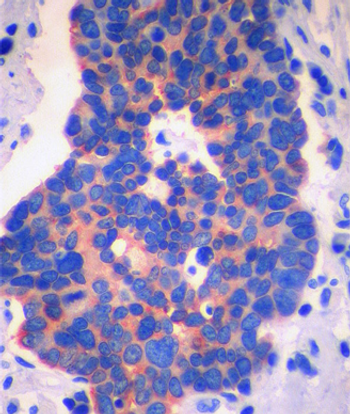
A study, published in Nature Cancer, demonstrates the quick and evolving revolutions of resistance mechanisms in small cell lung cancer.

Researchers suggested that patients with non-small cell lung cancer (NSCLC) who have higher measures of tumor mutations that appear in a blood test generally have a better clinical response to PD-1-based immunotherapy than those with a lower measure of mutations.

The FDA Oncologic Drugs Advisory Committee voted 6 to 5 that ramucirumab plus erlotinib demonstrated a favorable benefit and risk profile for patients with untreated metastatic EGFR-positive non-small cell lung cancer.

LUNGevity Foundation released a Lung Cancer Scorecard to examine how effectively (or ineffectively) states are addressing lung cancer.

The FDA recently granted priority review to Takeda’s supplemental new drug application for brigatinib to treat ALK-positive metastatic non-small cell lung cancer.

Karen Kelly, MD, sat down to discuss her presentation on when to start immunotherapy in a real world, patient setting.
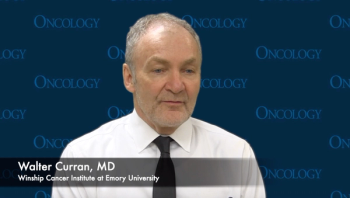
Walter Curran, MD, detailed his presentation on immunotherapy and radiation therapy, and how integrating the 2 treatment options presents an exciting opportunity moving forward.

With February being National Cancer Prevention Month, here are the latest updates in cancer prevention.
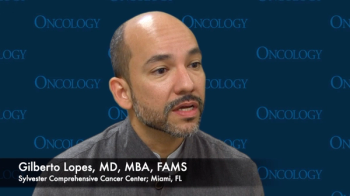
Gilberto Lopes, MD, MBA, FAMS, discussed his presentation about when to stop immunotherapy treatments for patients with lung cancer.

Rogerio Lilenbaum, MD, talked about the state of lung cancer in regards to immunotherapy and targeted therapy at the 17th Annual Winter Lung Conference in Miami Beach, Florida.

Roche recently announced the FDA accepted their supplemental biologics license application and granted priority review to atezolizumab for the treatment of non-small cell lung cancer.

The FDA granted a priority review to the new drug application for lurbinectedin as a treatment for patients with small cell lung cancer.
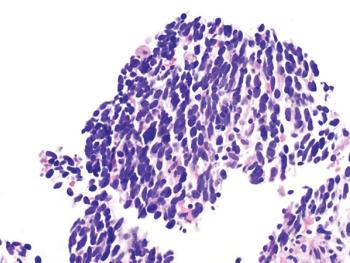
Medical oncologsts discuss the case of a 70-year old woman with synchronous multiple primary lung cancer.

Among participants who were current or former smokers, the NELSON trial found that volume CT screening enabled a significant reduction of harms without jeopardizing favorable outcomes.

The FDA granted a priority review to capmatinib, a MET inhibitor being analyzed for the first-line treatment of previously treated patients with METex14-mutated advanced NSCLC.

In observing individuals aged 65 and older suffering from a recent nonmetastatic cancer, researchers indicated that there is a need to change attitudes toward aging and older people.

The agency granted full approval to pemetrexed for injection (Pemfexy), a liquid injection and branded alternative to Alimta, for nonsquamous NSCLC.
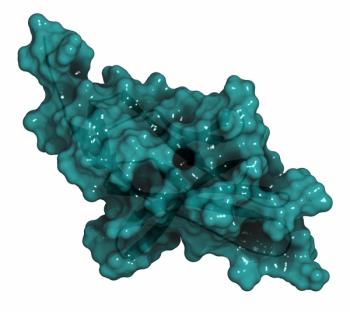
Researchers indicated that a lack of understanding of the mechanism and efficacy of PD-1/PD-L1 inhibitors is the major barrier for prescription of these inhibitors in Chinese tumor treatment-related departments.

Inconsistencies observed by researchers on these websites indicated that efforts are needed to improve website content and readability.

Delivering the PDA to clients of tobacco quit lines, researchers highlighted the importance of broader dissemination and greater effect of the intervention.

Researchers found that through inheritable changes of gene expression, chronic exposure to IL-1β can promote lung cancer metastasis, without altering DNA sequence.

According to researchers, when individuals quit smoking it not only stops further damage from accruing, but it also may lead to the reawakening of cells that were not damaged by tobacco carcinogens.

Oncoprex in combination with osimertinib received fast track designation from the FDA to treat patients with non-small cell lung cancer.

A recent study indicated that baseline BMI should be considered as a stratification factor in future immune checkpoint inhibitor therapy trials.








































